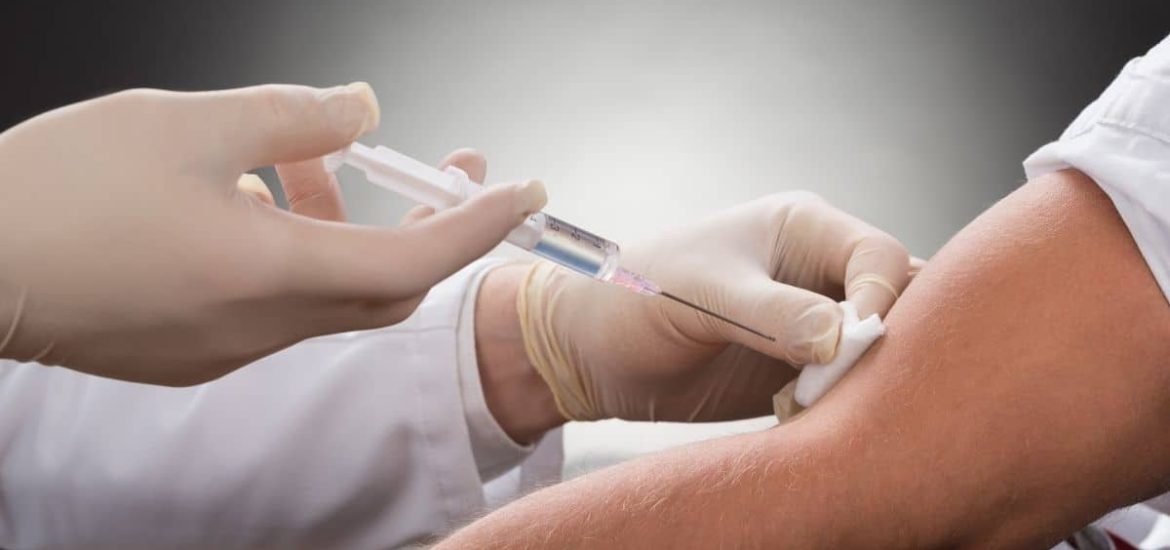
Dozens of young, healthy volunteers might soon be deliberately infected with the novel coronavirus SARS-CoV-2 as part of the world’s first ‘human challenge trial’ in the UK to help accelerate the development of effective COVID-19 vaccines. The experiment is set to begin in January at a hospital in London, pending final ethical and regulatory approval by the UK Medicines and Healthcare Regulatory Agency (MHRA).
The trial will be led by hVivo, a subsidiary of Open Orphan, a Dublin-based clinical-research organisation. On Tuesday 20 October, the UK government announced an initial £33.6 million (€36.8 million) in funding towards the project, of which £10 million (€11 million) will be paid to hVivo to conduct the trial. The aim is to identify an appropriate dose of the SARS-CoV-2 virus for future vaccine trials.
A small group of participants (around 30 to 50) would first receive a low dose of a SARS-CoV-2 strain derived from a currently circulating virus. If none or few become infected, the participants would then be exposed to higher doses, repeatedly, until they are infected. Once a suitable dose is identified, the researchers would begin testing several Covid-19 vaccine candidates – yet to be determined.
In a press statement, immunologist Prof Peter Openshaw at Imperial College London, who is one of the investigators involved in the study said: “Deliberately infecting volunteers with a known human pathogen is never undertaken lightly. However, such studies are enormously informative about a disease”.
“It is really vital that we move as fast as possible towards getting effective vaccines and other treatments for COVID-19, and challenge studies have the potential to accelerate and de-risk the development of novel drugs and vaccines”.
Volunteers will be paid around £4,000 (€4300) for their time. The researchers say every precaution will be taken to ensure their safety. Only healthy adults between the ages of 18 to 30 will be invited to take part and will be thoroughly informed about the risks and screened for any risk factors that have been associated with severe COVID-19. The participants will also be free to withdraw from the trial at any time prior to infection with the virus, according to Openshaw. Once a volunteer tests positive for the virus, antivirals such as Remedvisar will be on hand to treat the infection – although, recent results of large clinical trials of Remedvisar and other antivirals have been disappointing.
A successful vaccine could bring an end to an ongoing pandemic that has resulted in more than 40 million infections and killed over one million people worldwide. Proponents of the COVID-19 challenge trial say it can be performed safely and ethically by infecting only those with the lowest risk from the disease, arguing that the potential benefits outweigh the risk. However, others have voiced concerns about the ethics of deliberately infecting people with a potentially deadly virus for which there are few proven treatments.
Some scientists have questioned the ability of such trials to speed up the development of vaccines at all. Since challenge trials typically involve young, healthy participants, they are unable to demonstrate whether a vaccine will protect those at higher risk, such as older people or those with preexisting conditions like diabetes. Challenge trials might, instead, be better suited to extracting insights into the disease, for instance, studying the basic features of a SARS-CoV-2 infection including the potential for reinfection and the influence of previous exposures to other coronaviruses on susceptibility to COVID-19.